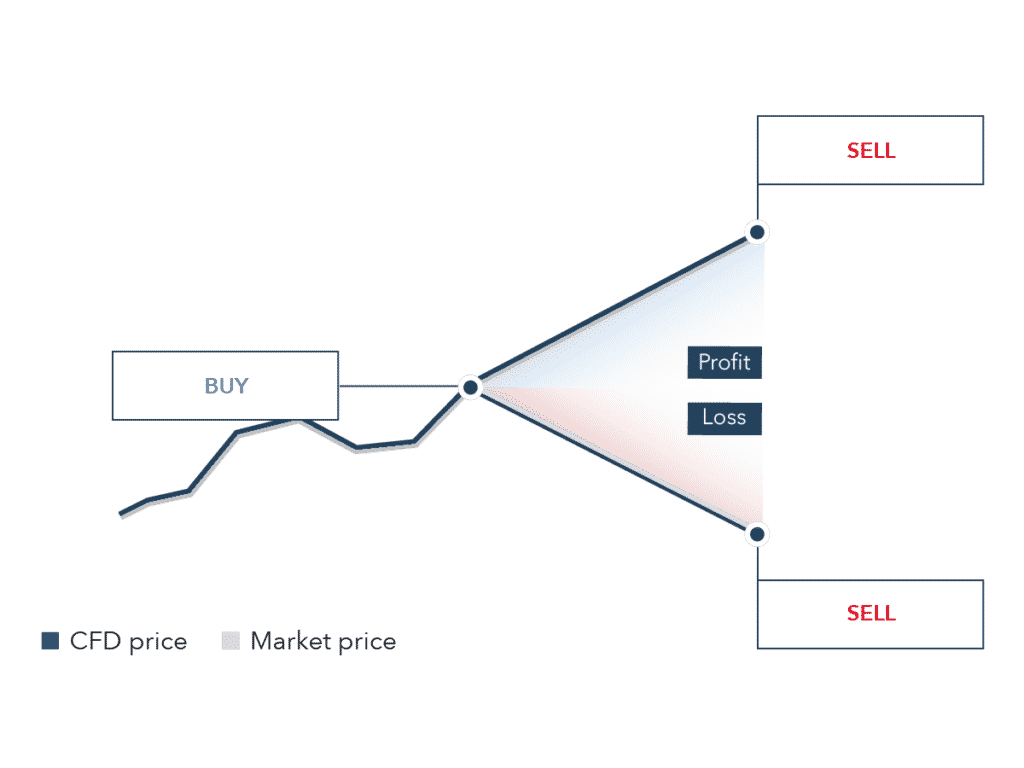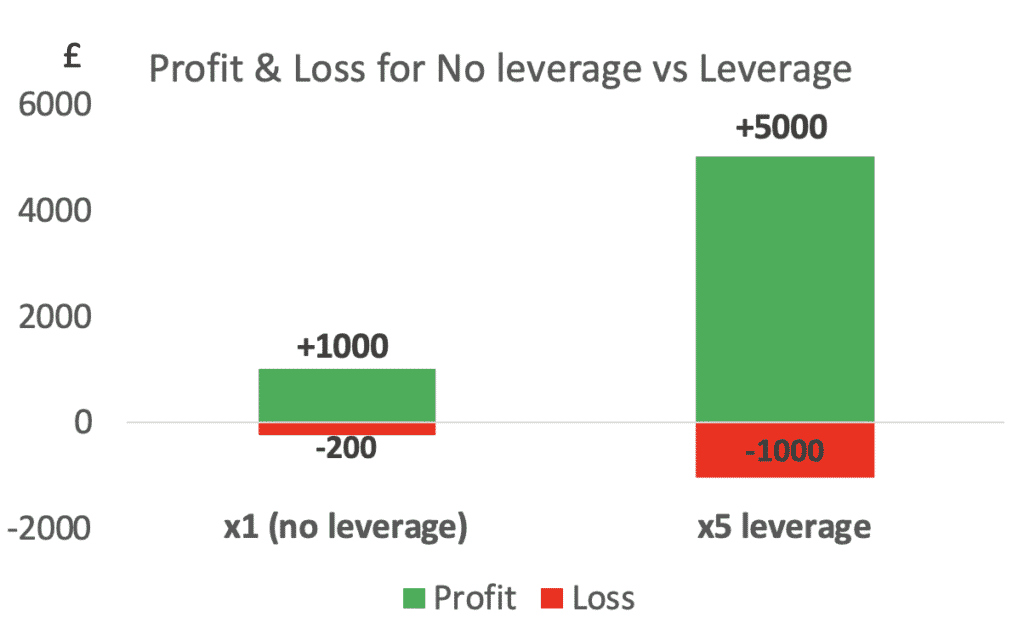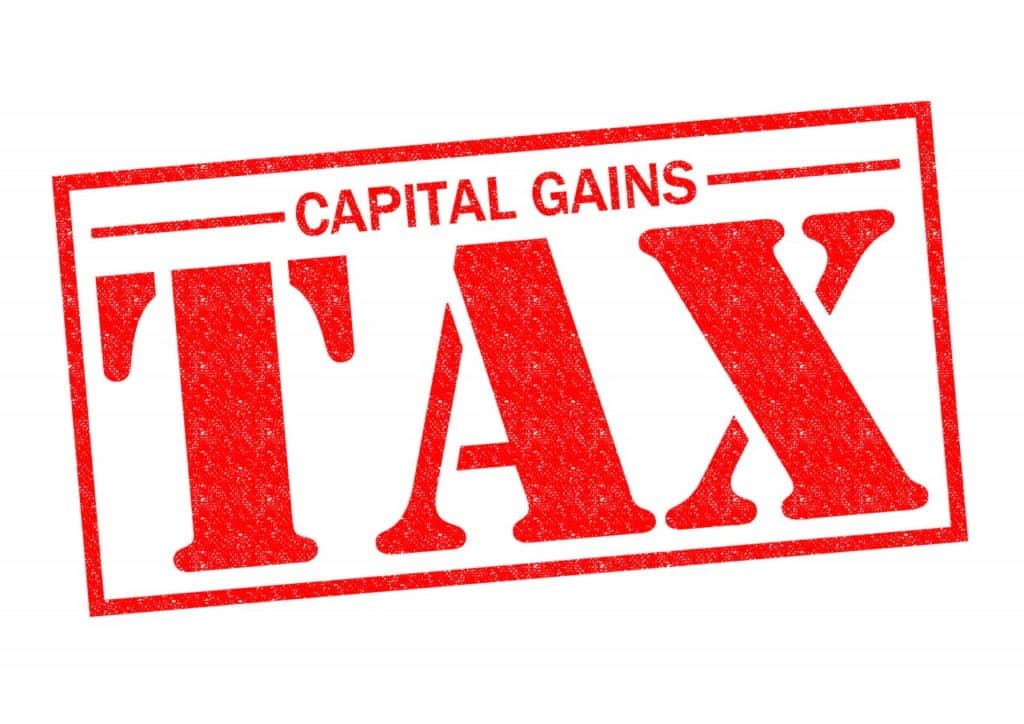In this article we are going to take a look at the history of Contract for Difference (CFD) Trading, what CFD Trading is and what are the advantages. We will also focus on Forex Trading, which is really just a subset of CFD Trading and also look at Spread Betting and how Spread Betting accounts differ from CFD and Forex Trading accounts. We will highlight the fact that, if you are a resident of the UK or Ireland it makes tax/ monetary sense to trade a Spread Betting account rather than a CFD or Forex Trading account.
- The history of CFDs (Contract for Difference)
- What are CFDs (Contract for Difference) and CFD Trading
- Advantages of CFD (Contract for Difference) Trading
- Forex Trading Accounts
- Spread Betting Accounts – How they differ from CFD Trading Accounts
The history of CFD (Contract for Difference) and Forex Trading for the individual, retail client
The world of trading and investing from the perspective of the retail and individual market participant has exploded in the 21st Century, with a wealth of opportunities available that were not even thinkable 20-30 years ago.
These big developments have been assisted by technological advances, financial market liberalism and the broadening of the education of the global population with respect to economics and finance.
For the individual who wants to either invest for the longer-term or trade in the short-term, the options have expanded to the point that there is need for clarification on the different opportunities that await.
In this article, we will look at CFD trading (Contract for Difference), Forex trading and Spread Betting, defining each separately and looking at both the similarities and differences between them.
But let’s start by winding back to look at what was on infer to the retail’s client back before the explosion on these more dean ways to trade and invest.
In the latter 20th Century, for most individuals, if you wanted to make an investment in financial markets you would set up a trading account, usually for investing and trading in shares or funds, and that would generally be with a Stock Broker, or maybe through a commercial bank. These accounts broadly had zero leverage, and were based on a long only approach, so you would only buy and own stocks, bonds or funds.
That has all now changed and the retail investor and individual can easily open a CFD, Forex or Spread Betting account, can trade a plethora of different financial market instruments, be long or short (see our article on Trading Terms here) and trade with leverage/margin.
This means that the broader public can not only still invest and trade in stocks, bonds or funds, but they can access Forex markets (FX, Foreign Exchange or currency markets), equity/stock indices or averages and commodity markets.
So, let’s take a deeper look into the new innovations and different types of trading accounts that are now available to the individual, retail investor and trader. We will look at the concept of Contract For Difference (CFD) and CFD trading accounts, Forex trading accounts and Spread Betting trading accounts.
What are CFDs (Contract for Difference) and CFD Trading
A Contract for Difference, or CFD for short, is a derivative product, in that it is derived from underlying financial market assets. This could be on a variety of financial markets such as individual shares, stock indices, FX (forex), bonds and commodities. A CFD allows the trader or investor to speculate on the value, or price of an asset, but without actually having to take ownership of the underlying asset.
CFDs were developed in London in the 1990s for institutional investors to invest in equities on margin, initially allowing hedge funds in particular to hedge and also leverage their market exposure.
Towards the end of the 20th century in the late 1990s, however, the concept of CFDs was being employed by retail brokerage companies to offer individual investors the ability to trade multiple asset classes on margin. This allowed individual investors to trade many different asset classes, and to easily short sell these financial market instruments and assets, where previously it was only really possible to own these assets and be long. In addition, retail brokerage companies that emerged in the early 21st-century offered trading on margin to retail investors, allowing these individuals to be able to leverage their capital and funds. The explosion in retail brokers offering CFD trading quickly expanded from the UK, throughout Europe and the globe.
Advantages of CFD (Contract for Difference) Trading
The three main advantages of opening a CFD account are:
- Short and long exposure
- Leverage/margin
- Hedging
Short and long exposure
So, what are the practicalities of CFD trading, how does it work in practice. When trading a CFD the individual has the option to either buy or sell the CFD at the current market price. The Broker will make a market, a bid price and an offer price, the offer price being above the bid price. This is called the spread. You can learn more about the spread in our video on Choosing a Broker here. If the trader or investor thinks that the underlying financial market asset that the CFD is based on (say the price of Apple shares, the price of Gold or the FTSE 100) is going to go up, they would buy the CFD at the offer price from the Broker. Conversely, if the trader believes that the underlying asset is going to go down in price, they would sell the CFD.

If the individual buys the CFD and the market does go up, when they come to sell the CFD to close the position, they will realise a profit. But if they buy and the market goes down, when the position is closed and the CFD is sold, they will incur a loss.
Similarly, if they sell the CFD and the market falls, when they come to buy back, they will realise a profit, but if they sell and the market goes up, when the position is closed and the CFD is bought back, they will incur a loss.
Leverage/margin
The best way to understand the concept of leverage and margin is to look at a real example. Here we are going to look at BP shares and see an example of leverage at work when trading or investing in CFDs. If you thought BP shares were going to rise, you could either buy the actual stocks or buy the BP CFD (where you would NOT own the actual stock).

If as a trader or investor you had £1000 in a normal stock trading account and BP shares are trading at £5.00, then you could buy 200 shares, which would take the full £1000 from your account. Now let’s say you wanted to invest the same £1000 in a BP CFD, that is traded on margin, with leverage, you would not need as much in your account, to buy the equivalent in CFDs of 200 shares.
Let’s say for example, the leverage was 5 times. This means you would only need 20% of the value of each share in your account. So, you would need just £1.00 to buy 1 BP CFD. So, with a £1000 CFD account, it would be possible to buy 1000 BP CFDs. So, the leverage for the CFD account is 5 times the normal share dealing account.
This concept of leverage means that if BP shares doubled in price to £10.00 and we sold our 20 shares for £10.00 each, a profit of £5.00 per share, we would profit in the share dealing account by £5.00 multiplied by 200, so the account would have increased from £1000 to £2000, a £1000 or 100% profit. For the BP CFD at £10.00, we would make £5.00 per CFD, but now on 1000 CFDs, so would make £5.00 multiples by 1000, so £5000 profit, the CFD account now at £6000, a 500% profit. This is an advantage of trading on leverage or margin.
Please do remember, though, this is a double-edged sword! If we bought and BP shares fell in price by 20% from £5.00 to £4.00, the share account would fall in value from £1000 to £800. However, for the same trade with a CFD account on 5 times leverage, if we had bought 1000 BP CFDs, we would have lost £1.00 multiples by 1000, so the account would have been wiped out, a 100% loss. Trading CFDs on margin with leverage means potentially bigger rewards, but this comes with possibly bigger risks. See our video on leverage, gearing and margin trading.

| Leverage/ Margin Trading |
Account opening value | Leverage | BP shares purchase price | Number of shares/ CFDs | BP price doubles (+100%) | Profit (£) | Profit (%) | BP price drops 20% | Loss (£) | Loss (%) |
| Share Account | £1 000 | x1 | £5,00 | 20 | £10,00 | £1000,00 | 100% | £4,00 | £200,00 | 20% |
| CFD Account | £1 000 | x5 | £5,00 | 100 | £10,00 | £5000,00 | 500% | £4,00 | £1000,00 | 100% |
Hedging
Another reason that investors rather than traders may use a CFD is to hedge. A hedge is when an investor wishes to reduce their risk to market movements by offsetting their exposure in one market with a opposite position in a similar market.
If as an investor you had a long-term portfolio of long positions in a variety of UK shares, but you were concerned that one stock or a number of stocks were in for a short-term correction, you may be able to offset that risk with a CFD. If you felt that stock XYZ was going to fall in price in the short-term, rather than sell the actual shares in your portfolio, you may choose to sell a CFD in company XYZ. If the market in XYZ went down in value, then the losses made in the share portfolio would be offset by profits in the CFD short. If the share price went up, then these two would again offset, so a possible profit on the shares would have been missed, but at least the risk would have been hedged.
Forex Trading Accounts
The main Forex Trading Accounts that are on offer to UK, European and global traders and investors are all based around Contract for Difference. In essence, Forex Trading Accounts are just CFD Trading Accounts, but focusing on the trading of currencies.
CFD Trading Accounts offer a wide range of different asset classes including individual shares, stock indices, bonds and multiple commodity market. Forex Trading Accounts focus on the trading of one currency for another currency. In fact, today most Forex brokers offering CFDs on FX also provide access to CFDs on other assets classes too. So, Forex trading is effectively a subcategory of CFD trading.
Spread Betting Accounts – How they differ from CFD Trading Accounts
Financial spread betting has its roots tentatively in sports spread betting, which developed in the US in the 1940s, but really began in earnest in the UK in 1974 with Stuart Wheeler starting the International Gold Index, as a way to speculate on the gold fixing. This quickly became the IG Index, and went on to become IG Group.
The main difference between CFD Trading and Spread Betting today is how they are looked at for taxation purposes in the UK. Spread Betting is only available in the UK and Ireland and also only available to individuals who are residents of the UK or Ireland. Any profits from Spread Betting are free from capital gains tax (CGT) and stamp duty. You can see more details on the tax implications here on the UK HMRC site.

So unlike share trading or CFD Trading, profits from Spread Betting are exempt from both stamp duty and capital gains tax (CGT) in the UK. However, as the trader does not own the underlying asset when trading CFDs, there is also no stamp duty to pay (though in the UK, CGT is paid on capital gains).
Therefore, if you are a resident of the UK or Ireland it makes monetary and tax sense to open and trade a Spread Betting account rather than a CFD account or Forex Trading account (based on CFDs).
You can see our reviews of brokers that offer Spread Betting, Ava Trade and City Index.
Sometimes, depending on the CFD or Spread Betting broker, commission charges and holding charges will probably differ between the two different types of accounts.
Both Spread Betting and CFDs are leveraged financial markets products, meaning that trading is done on margin, as we have discussed above. The trader only needs to deposit a percentage of the full value of the trade in order to open a position with either CFD or Spread Betting accounts.
In conclusion
In this article we have stepped back into the history of CFD Trading and examined what is at the heart of CFD Trading and the associated advantages. We also spotlighted Forex Trading as a subcategory of CFD Trading and examined how Spread Betting accounts differ from CFD and Forex Trading accounts, primarily in relation to taxation.
We wish you well in your future trading and investing endeavours, whether it is via CFDs, Forex or Spread betting, or via some other format.
Happy trading!